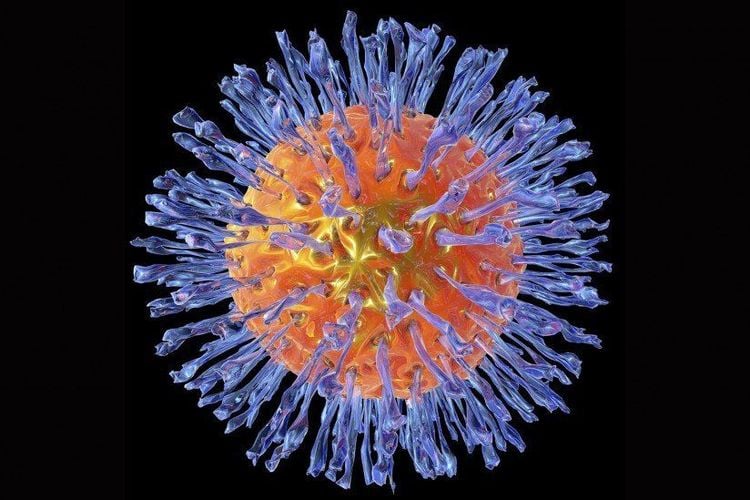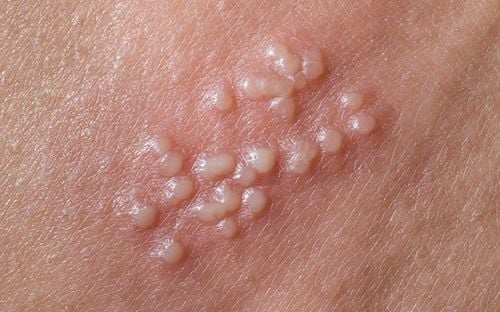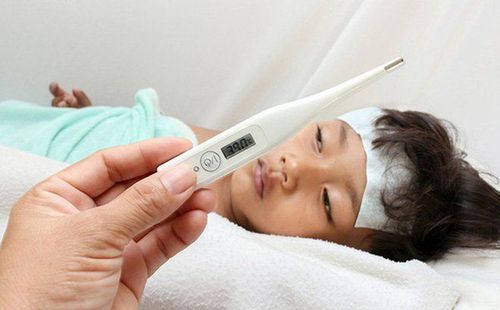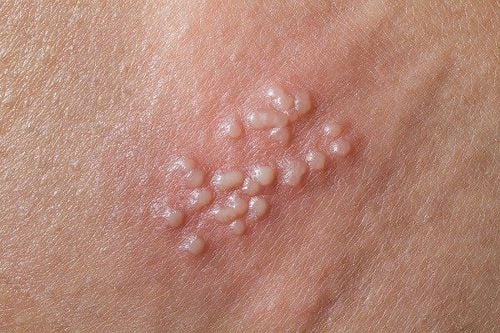The article is professionally consulted by Tran Thi Mai Huong, specialist level 2, Obstetrics and Gynecology Department, Vinmec Hai Phong International General Hospital.
Anal herpes is a sexually transmitted infection (STI). It is transmitted from person to person through various forms of sexual activity. The condition cannot be cured but can be controlled with medication and by practicing protective measures during sexual activity.
1. What is anal herpes?
Genital herpes (or genital herpes simplex infection) is a sexually transmitted infection caused by the herpes simplex virus.
The symptoms of anal herpes include:
• Red bumps or white blisters
• Pain and itching around the anus
• Ulcers that develop at the site of previous blisters
• Crusts covering broken or bleeding ulcers
• Changes in bowel habits.
2. How is Herpes transmitted?
Anal herpes is a sexually transmitted infection (STI). It is transmitted from person to another through sexual contact or intercourse.
According to the Centers for Disease Control and Prevention (CDC), in 2013, more than 24 million Americans were diagnosed with anal herpes, and an additional 776,000 Americans are diagnosed with the condition each year.
In the United States, 1 in 6 people has genital herpes, according to the CDC Trusted Source. The same virus that causes genital herpes can lead to lesions in various areas (genital, anal, or perianal regions). However, not everyone with genital herpes will develop anal herpes.
3. How is anal herpes diagnosed?
If a patient exhibits clear symptoms of anal herpes, the doctor may decide to initiate treatment after a physical examination. However, to ensure accuracy, the doctor may recommend additional testing.
Since other sexually transmitted microorganisms can also cause symptoms in the anal area, the doctor may want to confirm the exact cause of the infection through testing before beginning treatment.
To do this, the doctor will collect a culture sample from blisters, sores, or obtain a blood sample. The sample will be sent to a laboratory to identify the causative agent. Based on the test results, the doctor can recommend appropriate treatment options.
4. How is anal herpes treated?

Treatment for anal herpes helps reduce the duration and severity of outbreaks. It also lowers the risk of transmitting the virus to sexual partners.
The main treatment method for anal herpes is treatment with antiviral medicine. People with anal herpes use antiviral medicine to treat, in order to reduce the disease symptoms until they completely recover.
Long-term use of antiviral medicine is also called suppressive therapy.
Those who use suppressive therapy to manage anal herpes can reduce the risk of transmitting the disease to sexual partners.
In the case of severe anal herpes, the doctor may suggest treatment with intravenous antiviral medicine. The antiviral medicine will be injected directly into the blood by inserting a needle into a vein.
5. Does anal herpes spread?
Anal herpes is an infectious disease. It can be transmitted from one person to another through contact with lesions on the skin or around the anus.
You can contract the virus if you have sexual contact with someone who is infected. Additionally, an infected individual can transmit the disease to their partner even if the virus does not cause obvious symptoms.
Many people may not know they are infected with HSV because the symptoms of the disease are often unclear. In such cases, the infected individual may unknowingly transmit the disease to others.
6. Can anal herpes be cured?
Anal herpes cannot be cured. It is considered a lifelong infection.
Genital herpes infection cannot be completely cured. Medications only help alleviate symptoms, promote faster healing of sores (if present), and reduce the frequency of recurrences.
7. How to prevent anal herpes?
Use safe sexual methods to reduce the risk of contracting STIs, such as:
• Wearing condoms: Implement protective measures during every sexual encounter, including anal or oral sex.
• Reducing the number of sexual partners.
• Maintaining a monogamous relationship.
• Practicing complete sexual abstinence.
If engaging in sexual activity, visit a doctor regularly for STI screenings. Regular check-ups help ensure safety for both you and your partner.

Additionally, for greater accuracy and safety, you should choose a reputable facility for screening. The Sexually Transmitted Infection Screening Package at Vinmec International General Hospital helps customers detect STIs early for effective treatment and to avoid complications.
The STI screening package is available for all ages, for both men and women. When registering for the STI screening package, customers will receive:
- Dermatology specialist consultation.
- Laboratory tests, such as: Rapid HIV Ab test, rapid Chlamydia test, rapid Treponema pallidum test, qualitative and quantitative Treponema pallidum TPHA test, bacterial microscopy test, and fungal microscopy test.
To arrange an appointment, please call HOTLINE or make your reservation directly HERE. You may also download the MyVinmec app to schedule appointments faster and manage your reservations more conveniently.
Reference source: healthline.com
To arrange an appointment, please call HOTLINE or make your reservation directly HERE. You may also download the MyVinmec app to schedule appointments faster and manage your reservations more conveniently.








